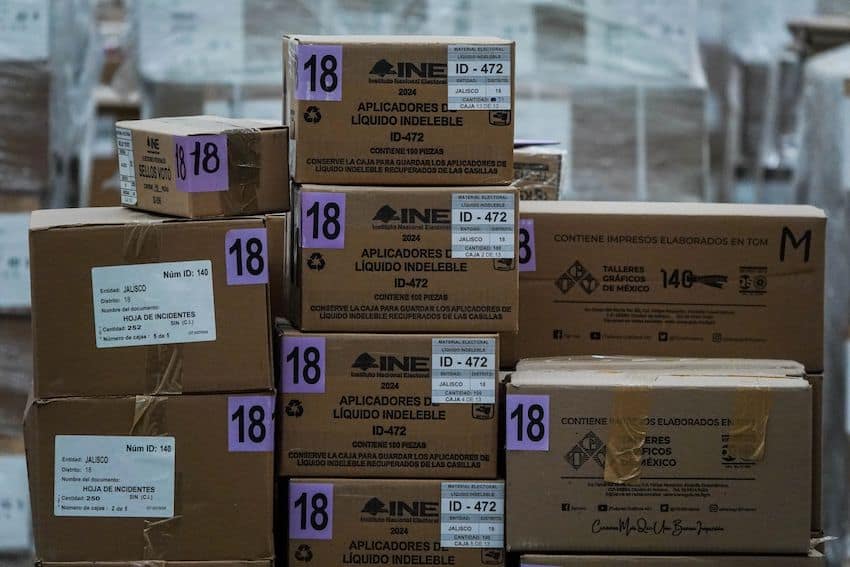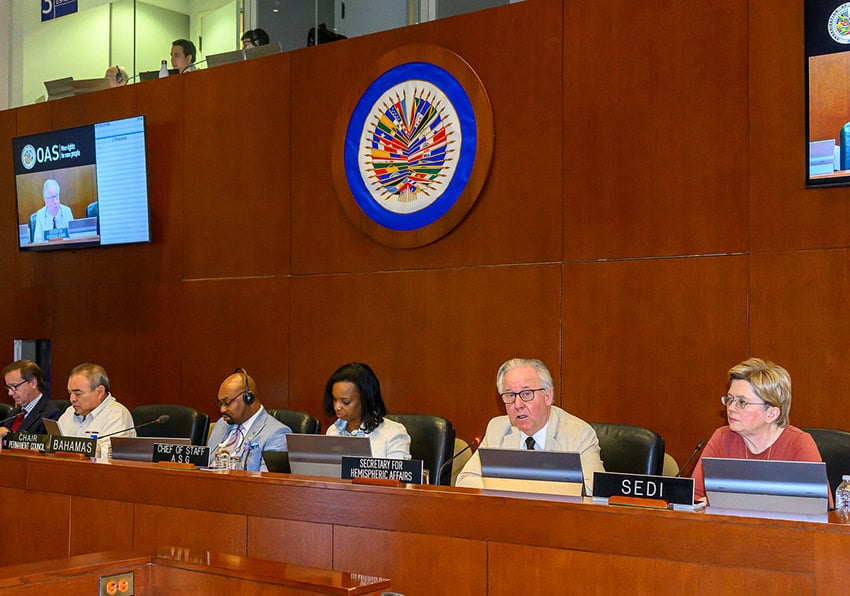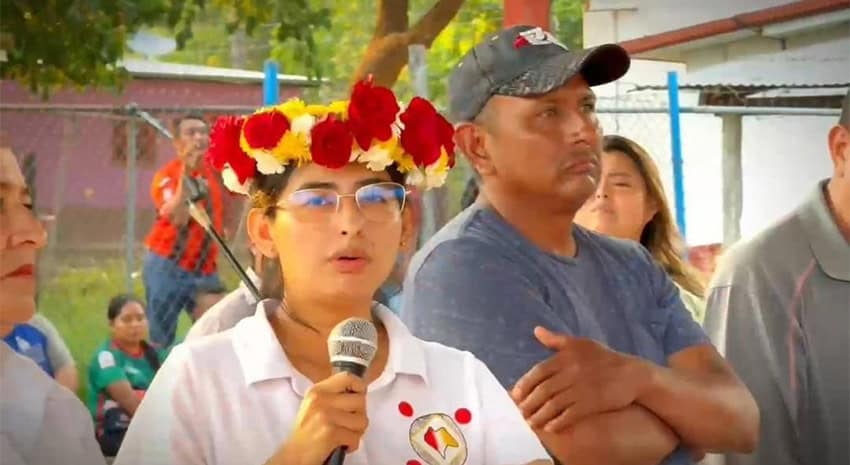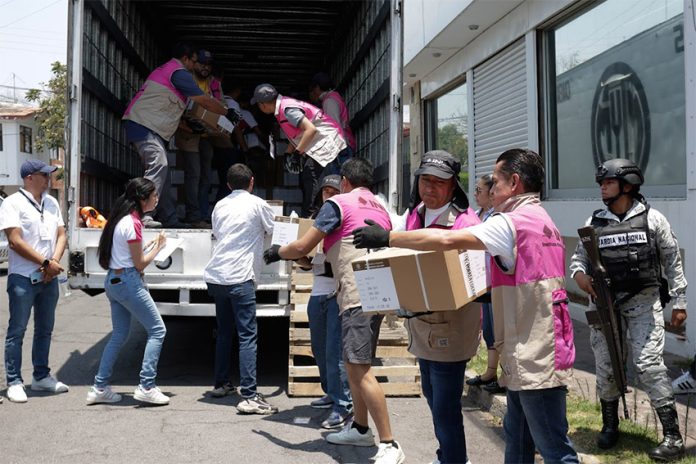More than 1,000 international observers, including representatives from the Organization of American States (OAS) and the United States, Canadian and British embassies in Mexico, will monitor Mexican elections this Sunday.
The National Electoral Institute (INE) announced Sunday that it had accredited 1,309 of 1,355 people who requested to observe the June 2 elections, at which Mexicans will elect some 20,000 municipal, state and federal representatives including a new president.
The requests of 46 people were rejected, mostly because they failed to present all the required documents on time.
The INE said in a statement that the number of requests it received was the highest since 1994, when international observers were first permitted to monitor elections in Mexico.
The electoral authority said that this year’s international election observers come from 63 countries, and noted that visitors from Montenegro, Tanzania and Zimbabwe will monitor Mexico’s electoral process for the first time.
It also noted that 740 of the accredited international observers are men, while 569 are women. Almost 84% are from other countries in the Americas, 12.5% are from European nations, and the remainder are from Africa, Asia and Oceania.

The INE listed the “missions” with the highest number of accredited international observers.
They include the OAS (100 accredited persons); the Global Alliance of Young Politicians (94); the United States Embassy (76); the Canadian Embassy (21); the Congress of Guatemala (18); the Congress of Honduras (18); and the British Embassy (10).
Former Chilean minister heads up OAS election monitoring team
The OAS said in a statement last week that its Electoral Observation Mission, led by former Chilean foreign minister Heraldo Muñoz, was arriving in Mexico “in a staggered manner” ahead of the June 2 elections.
“The purpose of the Electoral Observation Missions is to support the improvement and strengthening of electoral processes and systems,” said the OAS, a Washington D.C.-based organization made up of more than 30 member states.
“To achieve this objective, the Mission will have a team of 100 people, including specialists who will analyze issues such as electoral organization; voting abroad; electoral technology; electoral justice; political financing; political participation of women and indigenous and Afro-descendant peoples; political-electoral violence; and campaigns, media and digital communication.”
The OAS said it will deploy observers to all 32 federal entities of Mexico and to five foreign cities: Dallas, Los Angeles, Madrid, Montreal and Washington, D.C.

They will “observe the process from the opening of the voting booths to the transmission of the results,” the organization said.
The OAS also said that its Mission to Mexico “expresses its concern about the incidents of violence that have occurred in the context of these elections and particularly deplores the loss of human life.”
At least 36 candidates and political aspirants have been killed in Mexico since last June, according to a New York Times analysis.
The OAS said “in the final stretch of the electoral process,” its Electoral Observation Mission “hopes that citizens and candidates can express themselves freely and that election day takes place free of violence and in a climate of democratic coexistence.”
Violence also a concern for Transparencia Electoral
Transparencia Electoral, a Buenos Aires-based organization dedicated to the promotion of free and fair elections in the Americas, will have 16 accredited international observers monitoring elections in Mexico this weekend.
Luis Miguel Santibáñez, the organization’s coordinator for Mexico and Central America, told the newspaper El Financiero that violence is a major concern in this electoral cycle.
“We’re very concerned about the issue of security; the reports of violence are complex, they’re alarming,” he said.
Santibáñez cited the border region of Chiapas — where the Sinaloa Cartel and the Jalisco New Generation Cartel are involved in a turf war — as a particular concern. Unidentified gunmen killed a mayoral candidate there earlier this month.

Santibáñez said that it was up to authorities to ensure that citizens can go out and freely participate in the elections this Sunday in that part of the country. He said he hoped the security deployment is sufficient to stop acts of violence that could disrupt the elections in Chiapas or anywhere else in the country.
For his part, President Andrés Manuel López Obrador said earlier this month that insecurity was not a threat to elections anywhere in the country. Specifically asked whether elections could go ahead in violence-stricken parts of Chiapas, Michoacán, Zacatecas and Tamaulipas, the president responded:
“Yes, yes they can, yes they can. I’ve been hearing some voices from the conservative [or opposition] bloc saying they don’t want elections in some regions. And I feel that in some cases it has to do with campaigns or politicking.”
Santibáñez said that the elections were taking place in a “climate of polarization” and noted that some people have spoken of an “unlevel playing field” due to the influence of López Obrador, whose political protege Claudia Sheinbaum is the leading candidate in the presidential election.
The Transparencia Electoral official said it was up to the INE to watch over the political “players” to ensure the “integrity” of the elections this Sunday, the largest in Mexican history.
With reports from La Jornada and El Financiero

